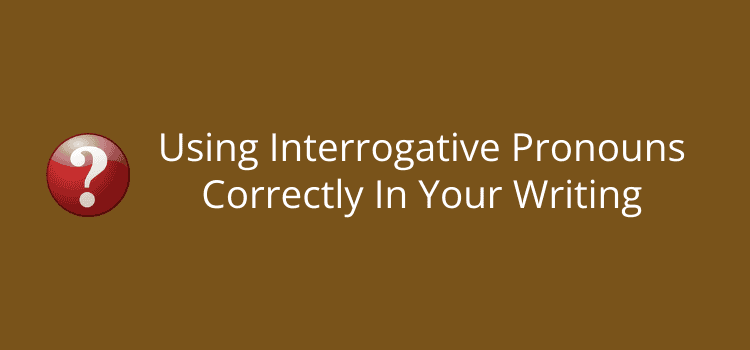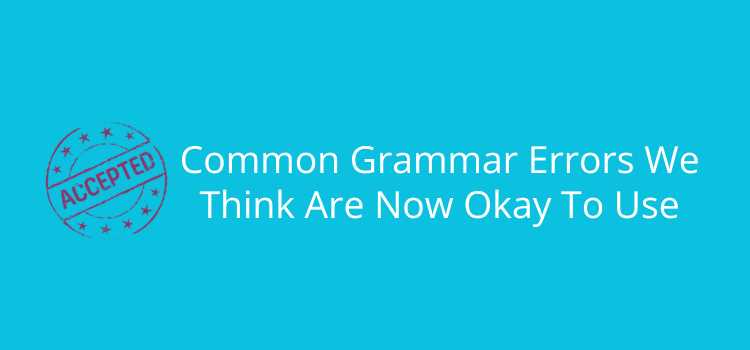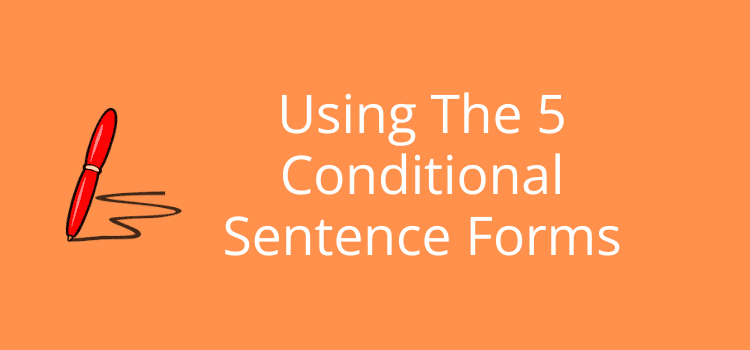
Interrogative pronouns include the words who, whom, whose, what, and which. While they are words you often use, they can pose issues in certain situations.
We use the words to construct clear and precise questions, yet even experienced writers sometimes have to double-check. That’s why it never hurts to occasionally brush up on your basic grammar.
A good example is whether to use who or whom. Another is the difference between what and which.
Grasping the finer points of how these pronouns work will improve your questions, and give extra clarity to your writing.
What do interrogative pronouns do?
These pronouns are specific words that replace a noun when forming a question.
You use them to ask about people, things, or possessions without using or repeating the noun.
Who, whom, whose, what, and which are the standard interrogative pronouns because they can all replace a noun in a sentence.
For example, instead of asking, “What problem is causing the traffic jam?” we could say, “What’s causing the traffic jam?” The pronoun replaces the noun, problem.
But an important note is that interrogative pronouns are different from other question words, such as when, where, why, or how.
Because these words ask about time, place, reason, or manner, they don’t replace a specific noun.
When you use these words in a question, they are interrogative adverbs.
When you use the correct interrogative pronoun, you can avoid awkward or incomplete questions.
They also help vary sentence structure, making writing smoother and more precise.
Also, unlike other question words, interrogative pronouns can act as the subject or object of a sentence.
When and how to use these pronouns
You use these pronouns in your writing when you want to ask about a person, a thing, or ownership, without naming it specifically. Here are some quick examples.
Who is used as the subject of a question, referring to the person performing the action.
Who is responsible for planning the meeting?
Whom is used as the object of a question, referring to the person receiving the action.
Whom did you invite to the conference?
Whose asks about possession and can refer to people, animals, or things.
Whose car is blocking the entrance?
What is used for open-ended questions about things, ideas, or information.
What caused the damage to your roof?
Which is used when you are choosing between a limited set of options.
Which way should we go to avoid the traffic?
You can also use these pronouns in embedded questions, which are questions inside a statement.
I don’t know who will be giving the opening address.
Using the right interrogative pronoun will make your questions clear, grammatically correct, and well-suited to most levels of formality.
The two problematic pronoun pairs
The four interrogative pronouns that are most likely to cause confusion are what/which and who/whom.
The first pair, what and which, both ask about things, but the difference is in the limit of a choice.
Use what when the options are open-ended or unknown.
What topics will you cover in your presentation?
But you need to use which when the options are limited or already defined.
Which of these two sweaters should I wear?
Sometimes we don’t worry in casual speech. However, in precise or formal writing, it’s always better to use the correct pronoun.
The second pair, who and whom, can cause problems for many writers because it depends on whether the pronoun is the subject or the object of a sentence.
Use who as the subject of the sentence when it is the one doing the action.
Who is arranging your book launch?
Use whom as the object when it is the one receiving the action.
Whom did you meet at the exhibition?
In modern informal writing, whom has almost disappeared from everyday use, with who taking its place, even when it might be grammatically incorrect.
However, it is still in use in some formal contexts.
For business and academic writing, or official correspondence, using whom when it is appropriate is a sign of respect and grammatical precision.
Advanced uses of interrogative pronouns
The basics are easy, but you can use interrogative pronouns for more complex sentences.
Probably the most common is in embedded questions, where the question often becomes a statement.
She asked who had taken the decision to cancel all leave.
Here, who still replaces a noun (the person), but the sentence isn’t a direct question.
Another example is, I wonder what happened. The word what is an unknown event and functions as the noun for the verb happened.
Interrogative pronouns can also appear in indirect speech, when we report a question or paraphrase it.
He wanted to know which was the most logical solution.
In a sentence like this, the pronoun introduces a clause that functions as the object of the reporting verb, but always without a comma.
You can also use whom with prepositions for a more formal tone.
To whom should I address the invitation for the meeting?
It’s grammatically correct, but it sounds very formal. In everyday writing, you would use who.
Who should I send the invitation for the meeting to?
Your choice here is about tone rather than the meaning.
Sometimes they can also act as relative pronouns in certain constructions.
Whoever leaves last must lock the door.
In this example, whoever introduces a clause referring to the unknown person performing the action.
Summary
Who, whom, whose, what, and which might seem like simple and easy words to use, but they do a lot of work in your writing.
Because they specifically replace nouns, you can ask about people, things, or possessions without repeating yourself.
You’ll use what when the possibilities are wide open, and which when you’re choosing from a limited range of options.
With who and whom, it comes down to whether the pronoun is doing the action (who) or receiving it (whom).
In casual writing, you can usually get away with using who all the time, but in more formal situations, whom can show that you really know your grammar.
Yes, it’s a pretty easy grammar point, but one that can go wrong if you are not on the ball.
Related Reading: How To Use Indefinite Adjectives To Avoid Precision
Share This Article


